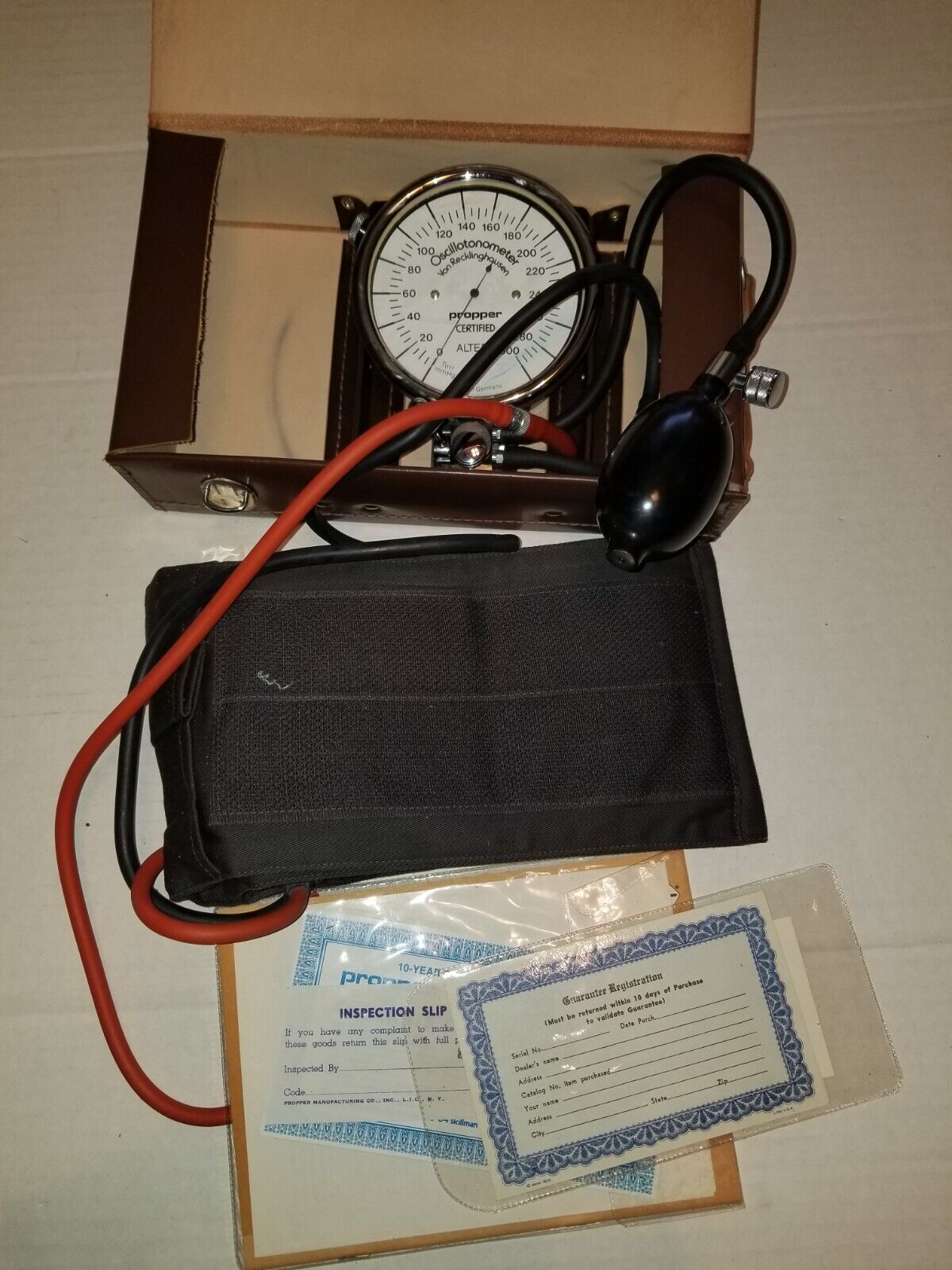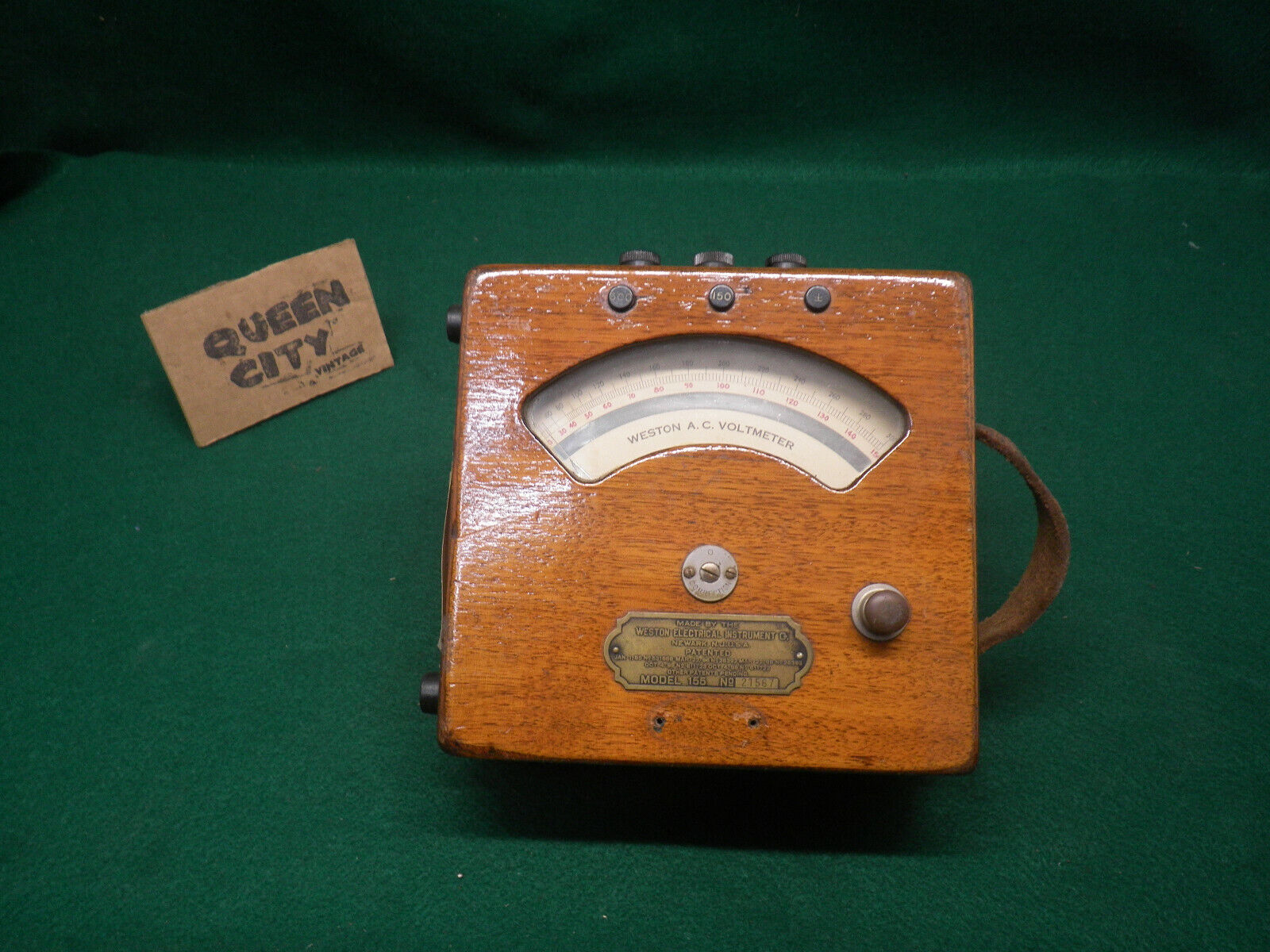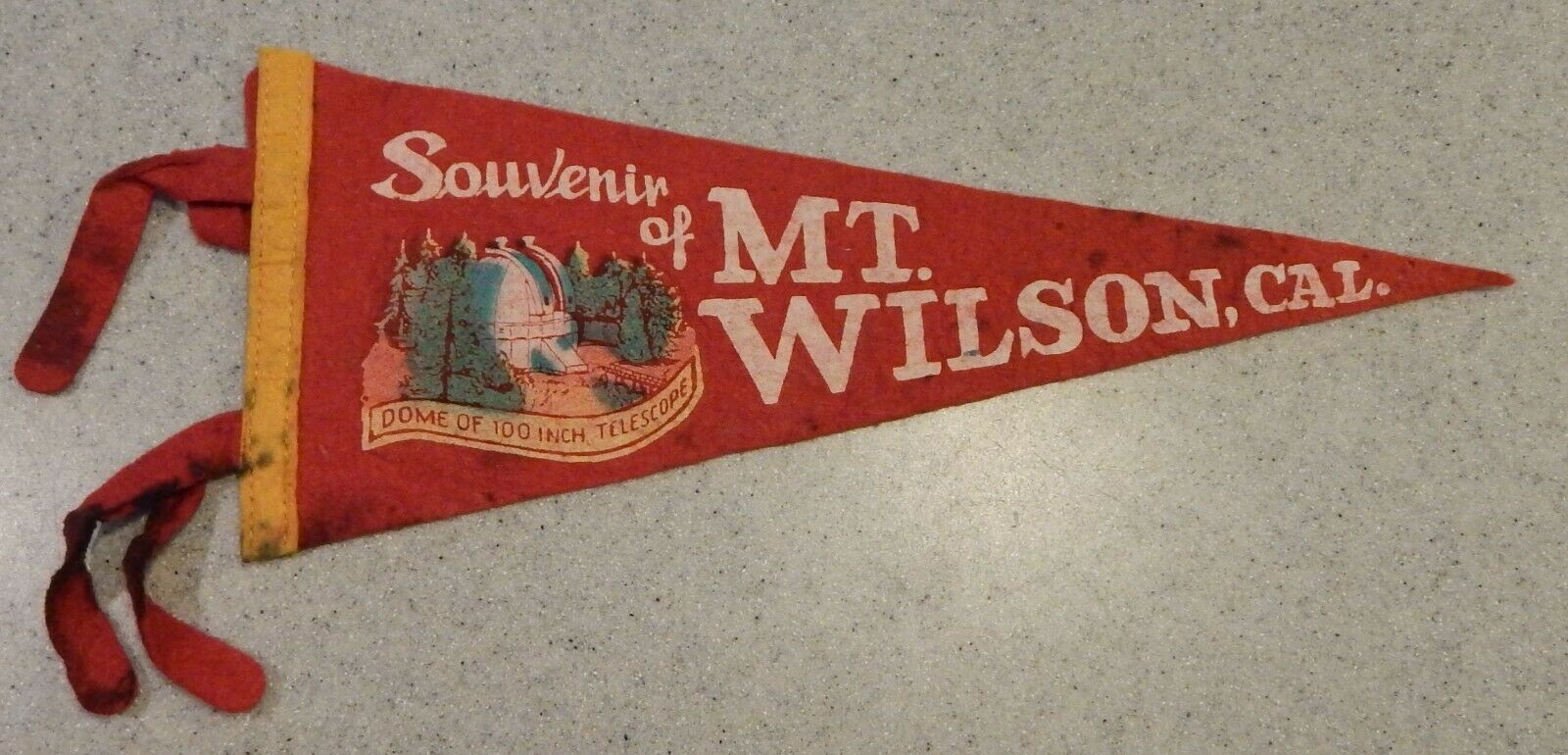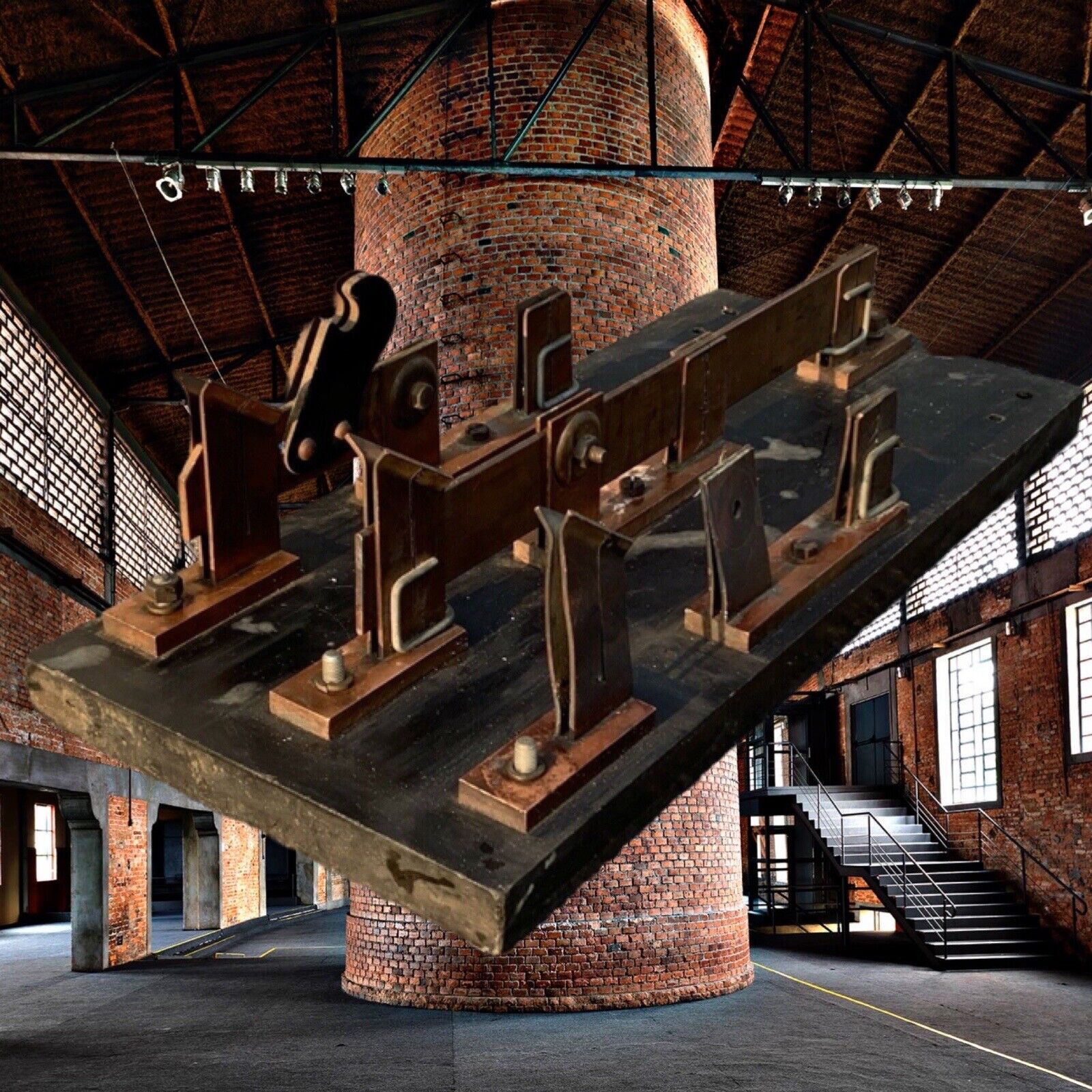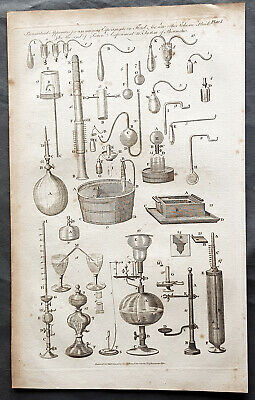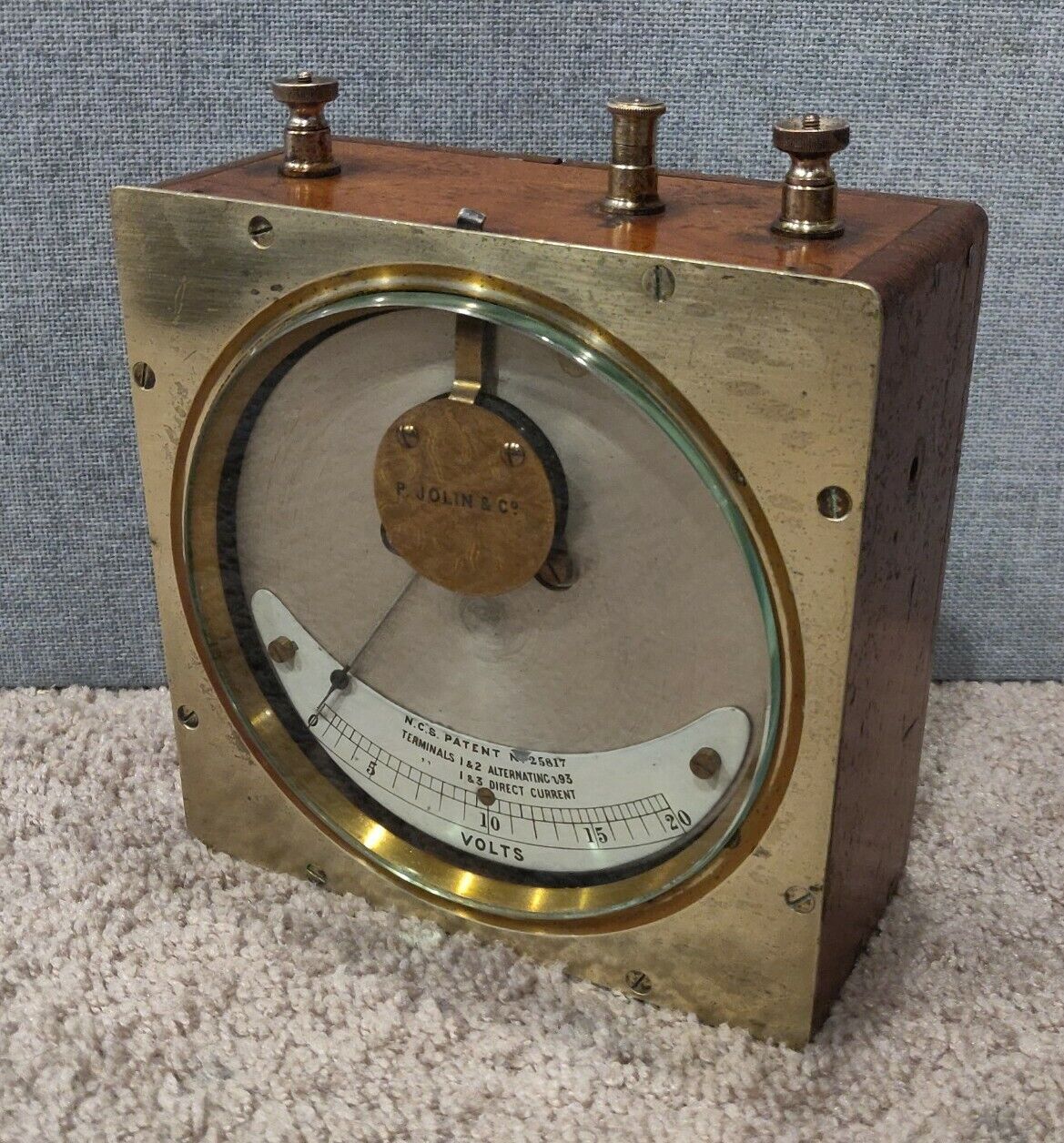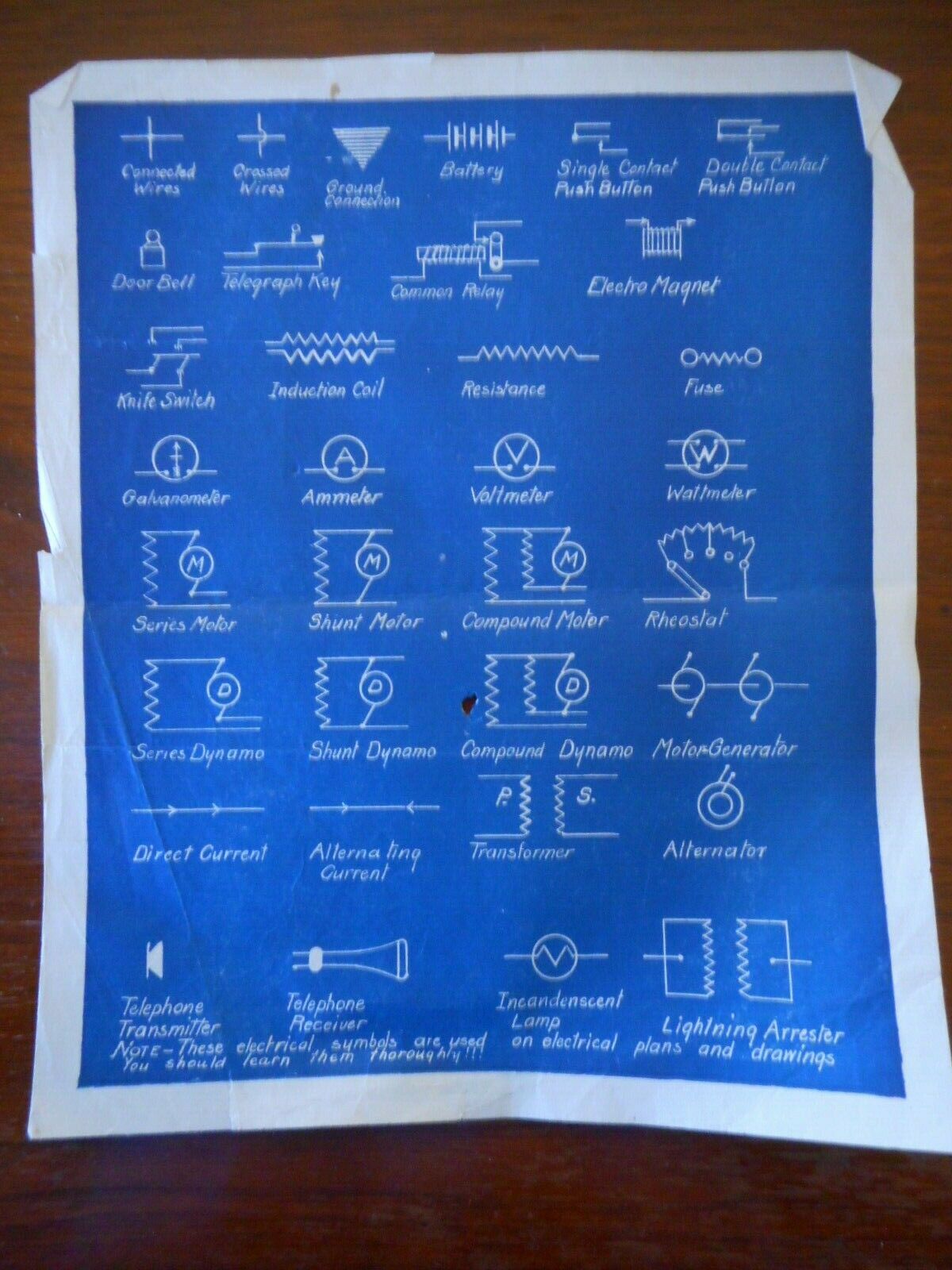-40%
A RARE SMALL SALTGLAZED STONEWARE SNUFF / SCENT BOTTLE, Circa 1800
$ 16.36
- Description
- Size Guide
Description
.A small and very desirable collectors salt-glazed stoneware snuff or spirits bottle of circular form with a short stubby neck; maybe English or German, 18th or 19th century.This form is hard to find in salt-glazed stoneware. It was made in two parts and is around 2 inches wide. It was possibly for either snuff or strong spirits. The neck would have had a small cork or other stopper.
The condition is
fantastic
, no damage or restoration. We can only speculate about the provenance but it is likely English or German going by the appearance of the salt glaze.
Good luck and thanks for bidding on this rare item!
No Reserve! Antique Pair of CEMCO Porcelain & Copper SPST Knife Switches
An Antique Pair of Connecticut Electric Manufacturing Company (CEMCO) Porcelain Knife Switches, circa 1910’s. The Single Pole Single Throw Knife Blade and Contacts are made of Copper with nice original patina, and is in VG+ Working Condition. Embossed in the Porcelain is: C.E.M. Co., 125V, 15A. The units measure 3-1/4” L X 1-1/8” W X 1-5/8” H.
In my opinion, the CEMCO Porcelain Knife Switch is a better design than the Leviton which was made during the same time period. The CEMCO used a much heavier duty & reliable blade contacts and was easier to wire with the angled screws.
The Antique Pair of CEMCO Knife Switches are being offered here at a reasonable ‘Buy It Now’ price – or feel free to ‘Make An Offer’!! Please contact me if any questions. Best of luck to all….. and watch for more vintage stuff coming soon!!
Side Note:
Connecticut Electric Manufacturing Company History
The Connecticut Electric Manufacturing Company was formed in the Bantam section of Litchfield, Connecticut in 1906. The business was organized by three brothers, A.H., I.B., and James Trumbull, for the manufacture of electrical products such as fittings, switches, and sockets. The company relocated to Bridgeport, Connecticut, in December 1912 after a new factory was erected for the firm at the corner of Connecticut and Bishop Avenues. The plant was of the most modern design as all of the machinery was powered by electricity. The company employed between 275 and 300 hands, half of which were young women. During its first few years in Bridgeport, the business grew at an incredible rate of almost 40 percent per year. By 1916, annual sales totaled .25 million.
Misfortune hit when I.B. Trumbull was killed when German U-Boats sank the Lusitania in May 1915, and within a year, another brother, James Trumbull, died in April 1916, thus leaving A.H. Trumbull in sole control of the firm. The business continued to thrive through the 1920s, however, by the early 1930s, as a result of the depression, the firm had fallen into receivership and its factory placed in foreclosure.
In 1936, Frank Alley, a former employee at the Hart and Hegeman Electric Company of Hartford, Connecticut, purchased the plant’s equipment and joined with George E. Fitzgerald of Bridgeport; David Cramer of Torrington, Connecticut; and Walter Howe of Litchfield, Connecticut to reform the business and relocate it from Bridgeport back to Bantam where a plant formerly operated by the Trumbull-Vanderpool Company was occupied. The Bridgeport factory then passed to the Bridgeport Thermostat Company, a division of the Bridgeport Brass Company that was spun-off and sold to the Robertshaw Thermostat Company in 1936. The Bridgeport Thermostat Company operated as an independent division of the Robertshaw Thermostat Company and manufactured thermostats for a variety of applications up until the outbreak of the Second World War, when the majority of work was switched over to ammunition production. The company resumed thermostat manufacturing in the post-war period and occupied the plant until 1957, when the Bridgeport Thermostat Company relocated to a new ,000,000 facility in Milford, Connecticut.
After the departure of the Bridgeport Thermostat Company, the Connecticut Avenue plant was acquired by the Honeycomb Company, an aluminum fabrication firm that specialized in the manufacture of aircraft parts. The Honeycomb Company remained in Bridgeport until 1967, when the business was moved to Sarasota, Florida. This was likely due to the fact that the head of the company, Daniel Judge, was also associated with the Ringling Brothers Barnum and Bailey Circus, which wintered in Sarasota. The Bridgeport factory has since housed an assortment of small rental tenants, including the Allied Elevator Companies, which presently occupy a portion of the plant.












